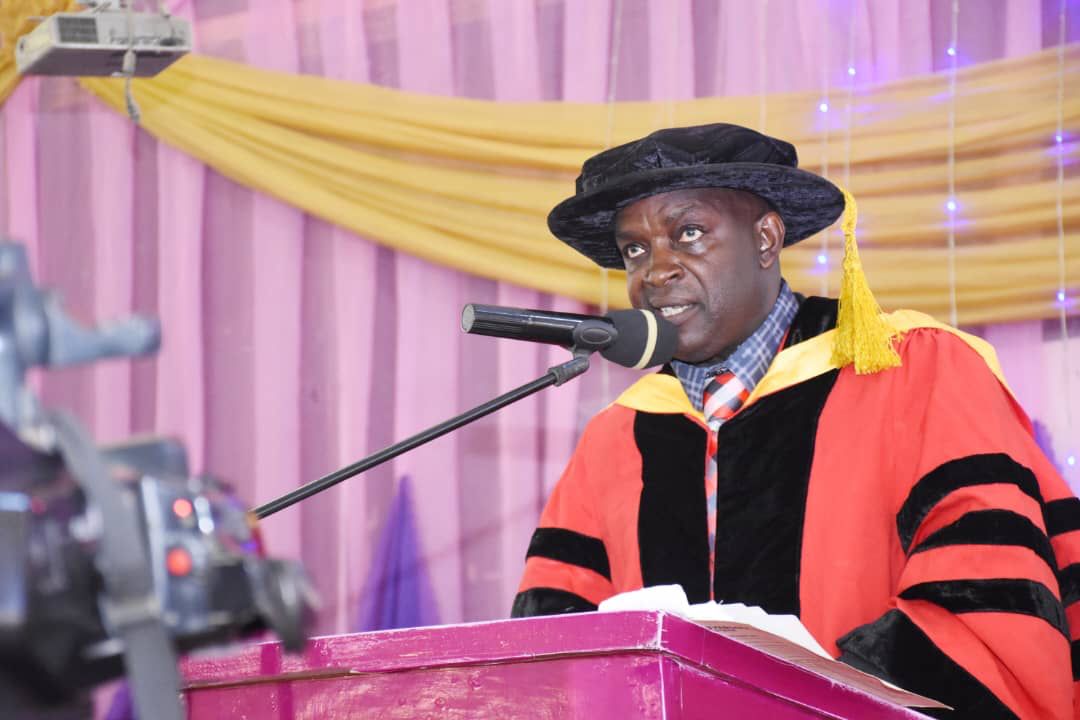A renowned Professor of Industrial Sociology and Gender Relations at Adekunle Ajasin University, Akungba-Akoko, Emmanuel Fayankinnu, has called for urgent reforms to protect women leaders from a subtle yet damaging form of sexual harassment perpetrated by male subordinates in the workplace.
Prof. Fayankinnu made the call on Tuesday, April 29, 2025, while delivering the 38th Inaugural Lecture of the University, titled, “Still Powerless Before Male Subordinates: Contra-Power Sexual Harassment of Women Leaders in the Workplace”.
Prof. Fayankinnu underlined the prevalence of Contra-Power Sexual Harassment (CPSH), a lesser-discussed variant of sexual harassment in which subordinates target women in leadership.
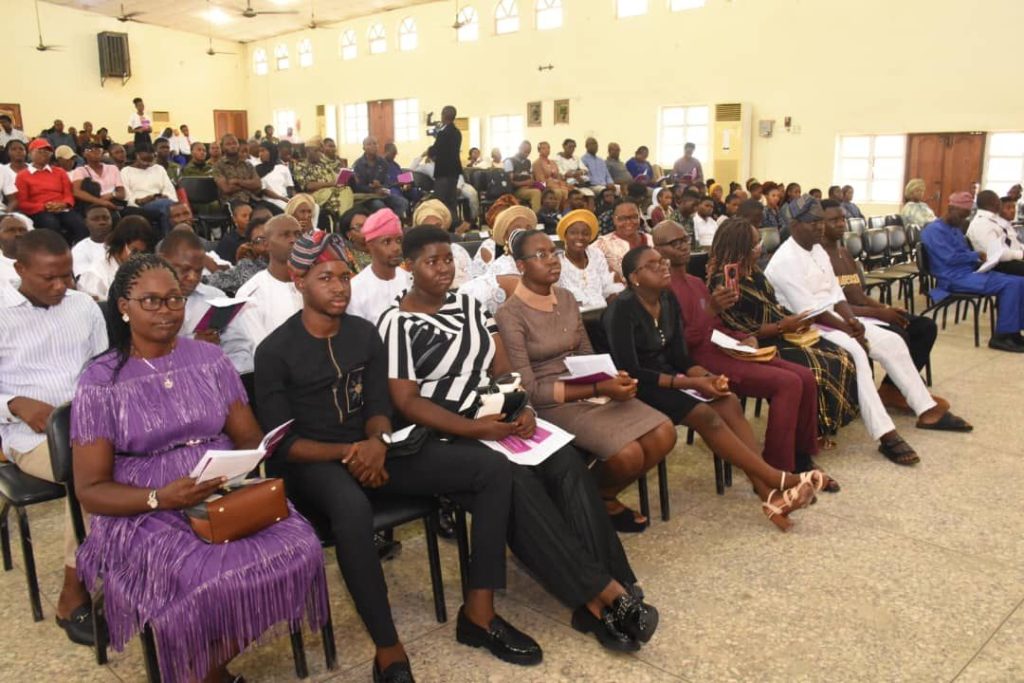
According to him, “Women leaders constitute an endangered group who suffer particular forms of CPSH while discharging their duties. These forms are often verbal and symbolic, rather than physical, making them difficult to report and prove.”
He noted that male subordinates were used to exploiting cultural and organizational gaps to commit these acts, lamenting, “The stealthy nature of these harassments, suggestive remarks, erotic symbols, and innuendos, makes them hard to detect and leaves victims without tangible proof. Even when reported, male-dominated committees seldom deliver justice.”
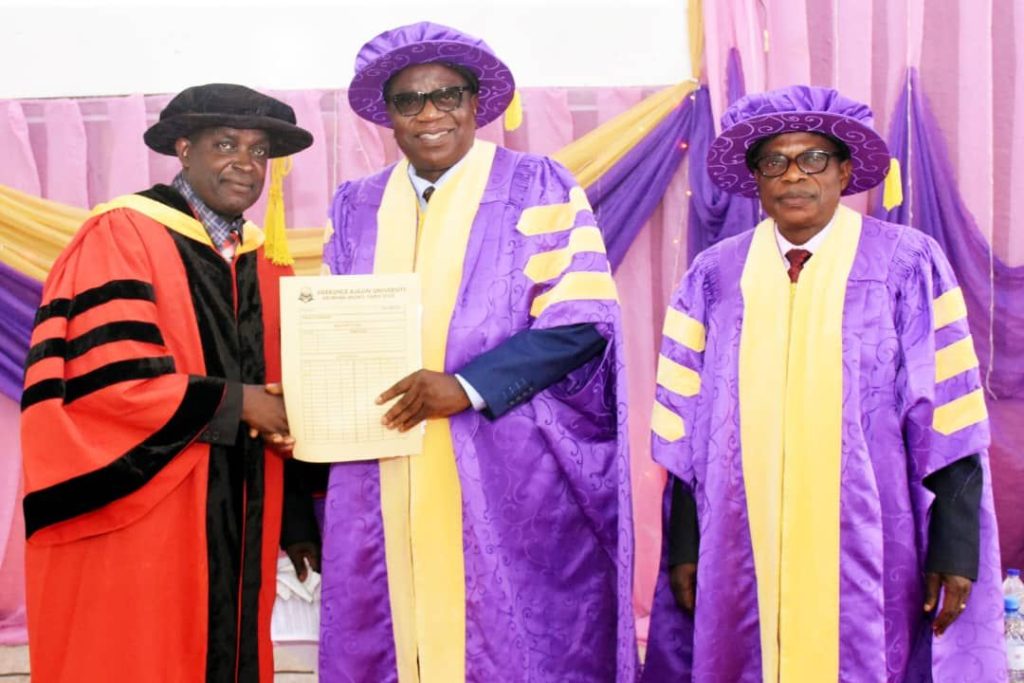
Emphasising disturbing real-life experiences from his research, the don recounted how male subordinates would make suggestive comments such as, “Your fitted clothes look good on you as they flatter your physique,” or boast of their sexual prowess near female leaders’ offices, with statements like, “I am a horse, and when I handle any woman, irrespective of her position, she will bow to my prowess.”
“These actions are not innocent banter. They are calculated attempts to intimidate and sexualise women leaders, maintaining male dominance despite the formal authority of these women”, he said.
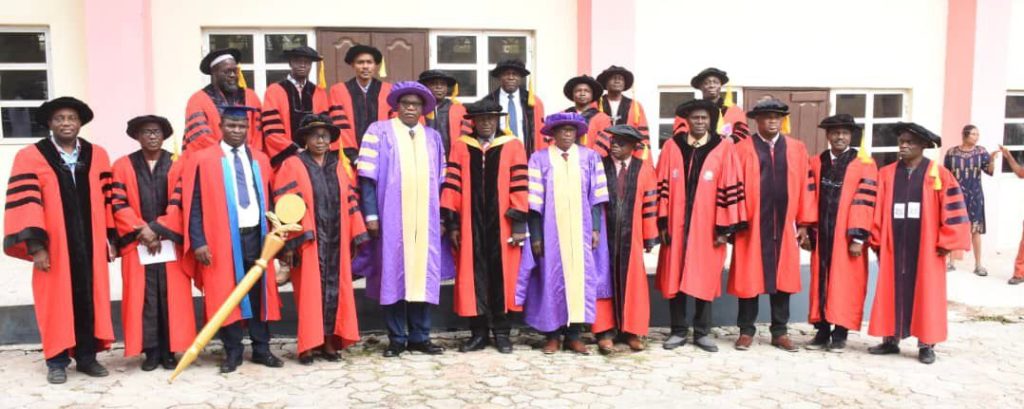
Prof. Fayankinnu recommended the urgent need for policy change, calling on institutions to adopt comprehensive sexual harassment policies that clearly define CPSH and outline strict punitive measures for offenders. “Policy must cater to all genders and be enforced decisively when violations occur,” he said.
He also stressed the importance of a balanced gender composition on harassment investigation committees, saying, “It is not just about numbers. It’s about status and voice. A fair committee should have equal gender representation with parity in rank.”
The Inaugural Lecturer added that there is the need for increased awareness, trauma-informed support systems for survivors, and the involvement of NGOs and policymakers in crafting workplace reforms.
Prof. Fayankinnu also challenged aspects of Yoruba culture that indirectly support male dominance and sexual aggression. He said, “Cultural norms that encourage men to boast about their sexuality and objectify women must be re-examined and reformed. Men must be part of this conversation”.
While advocating policy and cultural changes, he also offered practical advice for women leaders. He encouraged them to “maintain formal relations with male subordinates” and to “be mindful of the type of attire they wear to the workplace,” cautioning against “provocative dressing that may invite inappropriate remarks.”
He called for collective action, noting that, “Combating CPSH is not the responsibility of women alone. It demands the cooperation of institutions, cultural gatekeepers, and society at large.”
The Vice Chancellor of the University, Prof. Olugbenga Ige, who had earlier presented the Inaugural Lecturer to the audience, described Prof. Fayankinnu as a “stupendous scholar”, commending his stanch commitment to nurturing future generations of scholars and leaders.
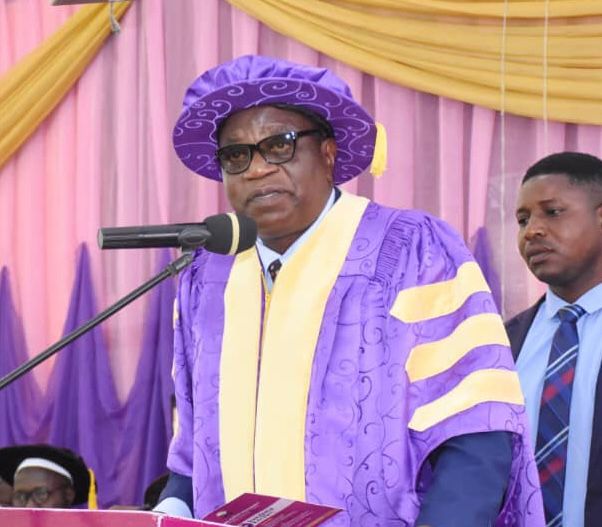
The VC added, “I wish to express, on behalf of the University, our profound appreciation to Professor Emmanuel Abiodun Fayankinnu for his unwavering devotion to academic excellence, his invaluable contributions to the growth of knowledge, and his exemplary service to this University and the global academic community”.

